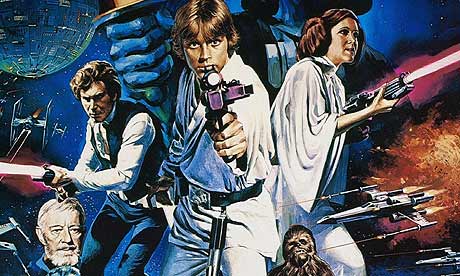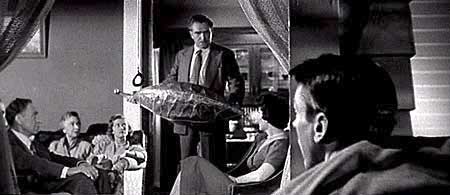Is the hoverboard from Back to the Future II now a reality? - you be the judge
Daughter's Facebook boast costs her dad an $80,000 settlement - Man wins settlement against former employer. Daughter promptly breaks confidentiality agreement and the settlement is revoked
Data visualization of the last 11 years of Oscars dresses - does wearing certain designers give nominees good luck?
Woman realizes neighboring business has erected a statue in honor of her cat - are your pets leading
double lives?
Grand Budapest Hotel is the wessiest Wes Anderson movie yet
Street Photography from the 50s and 60s - cool story about an unknown photographer
One man's perseverance sparks a breakthrough for women's health in India
Slinky sculptures - watch the video
Europe wants US to come up with its own cheese names
Benedict Cumberbatch photobombed U2 at the Oscars
A frame-by-frame look at some Olympic events
The top 100 restaurants on Yelp in the US - three St. Louis spots made the list!
Daughter's Facebook boast costs her dad an $80,000 settlement - Man wins settlement against former employer. Daughter promptly breaks confidentiality agreement and the settlement is revoked
Data visualization of the last 11 years of Oscars dresses - does wearing certain designers give nominees good luck?
Woman realizes neighboring business has erected a statue in honor of her cat - are your pets leading
double lives?
Grand Budapest Hotel is the wessiest Wes Anderson movie yet
Street Photography from the 50s and 60s - cool story about an unknown photographer
One man's perseverance sparks a breakthrough for women's health in India
Slinky sculptures - watch the video
Europe wants US to come up with its own cheese names
Benedict Cumberbatch photobombed U2 at the Oscars
A frame-by-frame look at some Olympic events
The top 100 restaurants on Yelp in the US - three St. Louis spots made the list!





